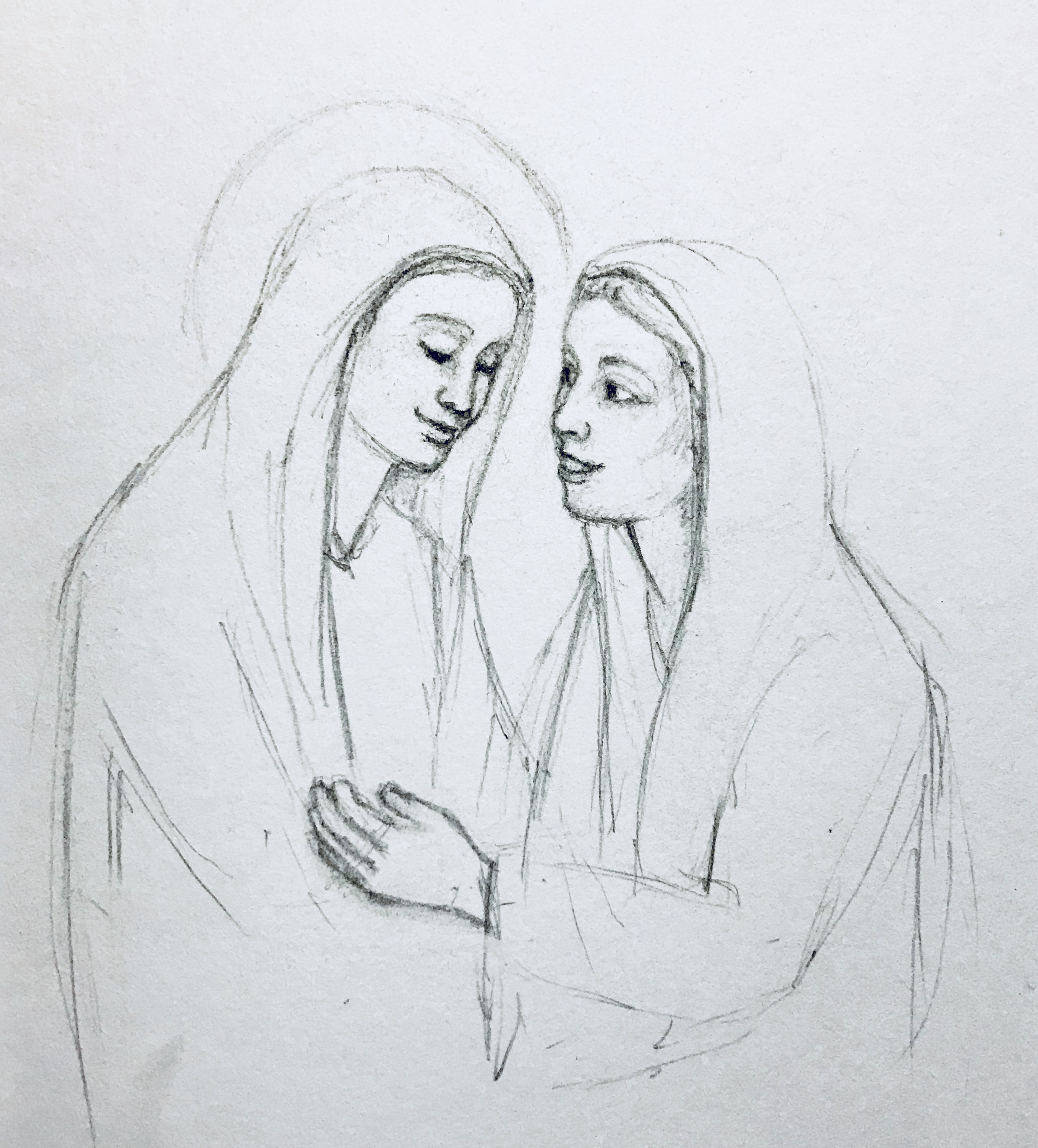Elisha’s initiation into the prophetic way of life sends a powerful message about the first criteria for bearing credible witness. When Elisha asks Elijah if he can return to bid farewell to his kin, Elijah gives the cryptic response, “Go, return, for what have I done to you?” On the one hand, Elijah seems to say that Elisha is free to do as he pleases – on the other hand Elijah seems to caution him to consider what it means to be placed under the prophet’s mantle. It’s as though Elijah is saying, “Why do you look to me, a mere man, to instruct you according to the yoke that now we both bear? We are driven by another! Of myself, I have done nothing to you – it is Yahweh Himself who has placed a grave responsibility on your shoulders. If you would return to your family I would not stop you, for surely you would not return to them unless Yahweh Himself sends you.” Elisha’s farewell to his parents is prophetic indeed. He sacrifices both his wealth and his means to procure it in one act as his oxen become nourishment for the people. The renouncement and detachment of the prophet bring true nourishment to the people by exposing the Word of God to their minds and hearts.
Visitation of the Blessed Virgin Mary

The hidden figures of the Visitation reveal a great mystery. Jesus and St. John the Baptist are both powerfully present and active well before they are even born. For St. John the Baptist this is a great grace – it was by no human quality or disposition that he came to know and rejoice at the voice of the mother of his Savior. The divine gift of prophesy and the motion of the Holy Spirit are the only possible explain for John’s in utero dance of jubilation. The most important events in our own personal history of salvation are similar: as glad and as free as we were to come to know our savior in a more meaningful way, it was always, “a total God move.” Even the gift of prophesy which helps us to see the way God is moving in the world in a mysteriously clear way is still God moving first our mind. We can cleverly attribute the text of the Psalm 138 as Jesus speaking to John the Baptist,

